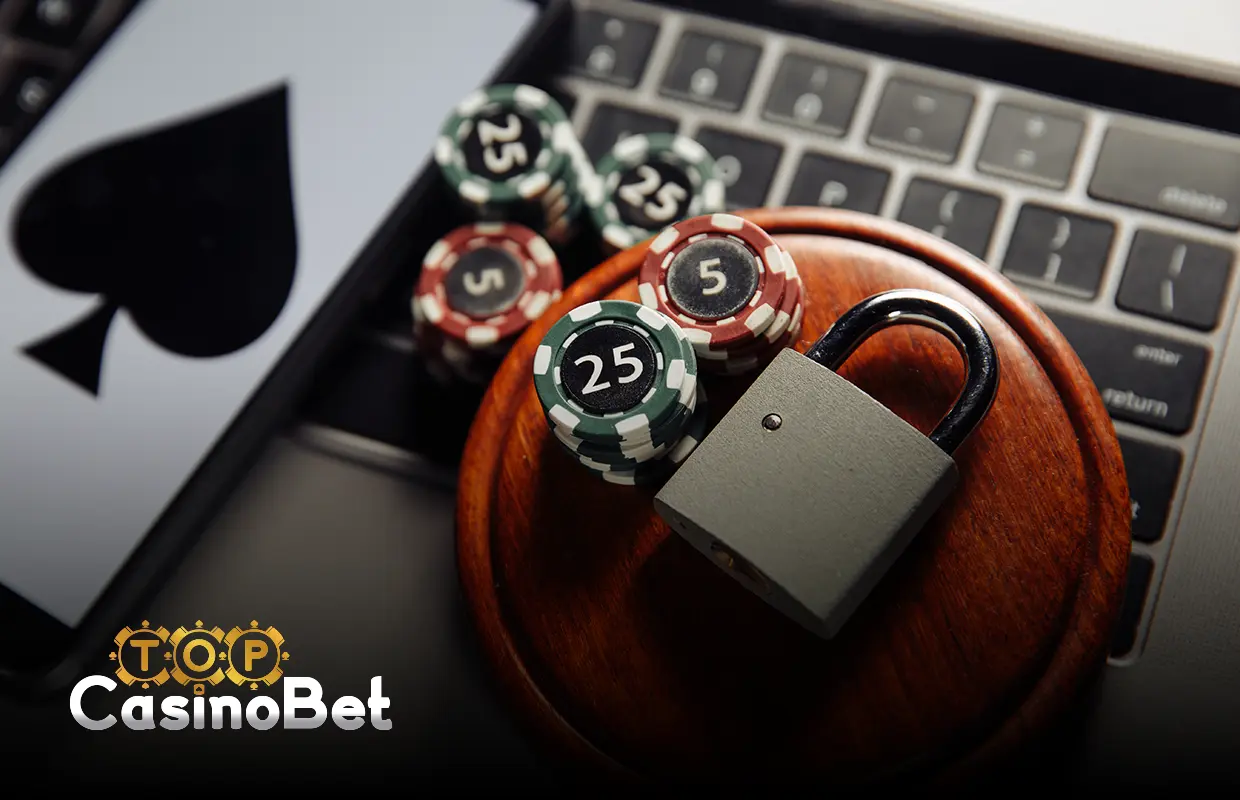


Poker is a card game that requires skill. To win online, you need to understand psychology, strategies, and game theory. You also have to know hand rankings and practice regularly. Winning consistently means you must learn the details of the game, adjust to your opponents, and make smart choices under pressure.
If you want to win at poker, speed up your learning and master strategies step-by-step. Let’s look at how top players win.
These poker tips are useful for players at any level. They can help you learn the game and win.
To win at poker, have a clear plan for which hands to play before the flop. Know which hands are strong. Even the best players can't play every good hand, especially in No Limit Texas Hold’em, where you need to pay extra chips unless you get lucky.
It's crucial to choose strong hands and play them aggressively. Even if a hand looks weak at first, aggressive players can boost their chances of winning. When you raise your bet, other players can't easily tell if you have strong cards or just decent ones, making it harder for them to beat you.
How to win in poker? Play fewer hands, but play them with confidence!
If you're the first to enter a pot, don’t just call (limp). By not raising, you miss a chance to win the pot right away and let others join in, making it harder to win. Wait for others to make their move first. Then you can call if you want. This can be smart because you might hit a good hand on the flop without risking too much money.
Bluffing can help or hurt you in poker. If done wrong, it can quickly cost you money. To bluff wisely, pay attention to your cards. If your hand has a chance to improve, like being close to a straight flush or having high cards that match the table, consider a semi-bluff. Keep these options in mind in case your bluff gets called.
Always play within your budget and emotional limits. Accepting losses is key to winning at poker. Only risk what you can afford to lose. A good rule is to have 20-30 buy-ins for cash games and 50-100 for tournaments.
Stick to your budget, even when you're frustrated or feeling confident. If you’re losing, don’t raise your stakes to try to win back losses; this can lead to bigger losses.
Keep track of your wins and losses. This helps you understand your game and decide when to change your stakes.
Having good hands helps you win, but don’t cling to them too tightly. Skilled players know when to stop, even with a strong hand, especially if someone else may have a better one.
Emotional control is tough in poker. Players often want to win and are curious about others' hands. This eagerness can lead to losses. If you're unsure whether to keep playing or stop, it’s usually best to fold.
As a tip for improving at poker: When you decide to stop playing in uncertain situations, write down what happened. Later, reflect on your decision. This will help you learn and get better at the game.
Don’t wait for the perfect hand to make money. If you have a good hand, bet and increase the pot. Many players hold back, hoping to trap others, but this can lead to missed opportunities or losses. If the odds are in your favour, act quickly.
It’s fine to delay your bet if:
Still, it’s better to take smart risks than to miss chances.
When you’re in the big blind, you’ve already put in some chips. You can play more hands, but only if they are worth it. Know when to stay in and when to fold based on who raised their position, and your chip stack. Don’t be reckless; play hands that have strong potential.
Good players notice when others are vulnerable. If your opponent checks twice in a heads-up pot, they likely have a weak hand. That’s your cue to bluff or bet aggressively, especially with blockers or semi-bluffs. Pay attention to their moves and take action when it matters.
Copying professional players blindly is risky. They may rise with weak hands for reasons that don’t apply to you. If you can’t explain your move, don’t do it. Stick to what you know and gradually improve your skills through practice games.
Tournaments are about building your chip stack, not just surviving. Don’t cling to your chips early on. Use the beginning rounds to gain an advantage. Save the cautious play for when you’re low on chips or nearing the money bubble.
Winning poker is about repeating what works, not trying every trick. Don’t change your strategy just because you’re bored or frustrated. Master a good plan and stick with it.
Play with the Right Mindset
Poker should be enjoyable. Don’t play when you’re stressed, tired, or emotional. If losing your buy-in on the first hand will upset you, it’s better not to play. Stay mentally clear to make smart choices.
If you want to win money, play against weaker players. Choosing easier games is smart, not shameful. Winning builds your confidence and experience. Don’t let your ego push you into games you’re not ready for.
Winning at poker isn't just about luck; it's about using the right strategies. Whether you're playing online or in person, knowing when to bet, fold, bluff, or go all-in is key. Play fewer hands aggressively, choose the right games, and stick to a solid strategy for better results. The most important tip? Keep learning. Poker is a skill game, so practice regularly, track your progress, and stay focused. With time and discipline, you’ll move from learning the game to mastering it.
To win at poker, play fewer hands with confidence. Avoid limping, use semi-bluffs, bet strong hands early, and fold if you're unsure. Follow a plan and adjust based on what your opponents do.
Bankroll management is very important. Always play within your limits and don’t chase losses. Use 20–30 buy-ins for cash games and 50–100 for tournaments to manage your risk.
Yes, you can win without bluffing, but smart bluffing can help your game. Semi-bluffs, where you have a hand that might improve, are safer and more effective than random bluffs. Knowing when to bluff is key to getting better at poker.
If you’re unsure or the situation seems risky, it’s often best to fold. Experienced players may even fold strong hands if they think someone has a better one. Staying calm helps you make good folding decisions.


















THE BEST ONLINE CASINOS WE RECOMMEND